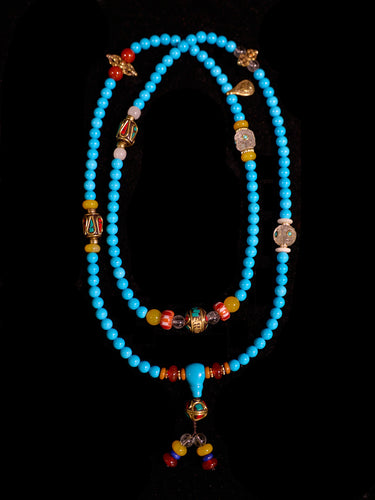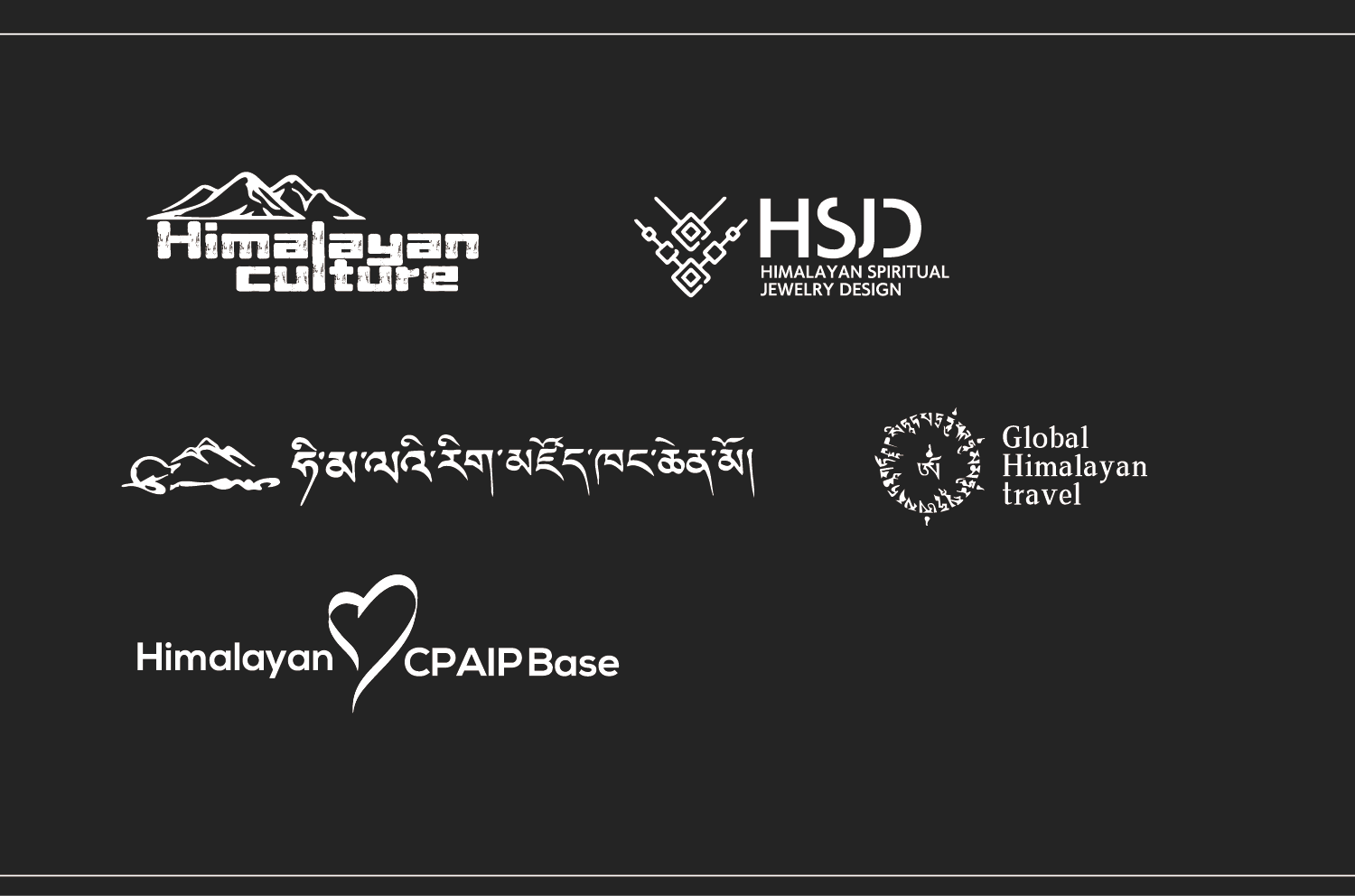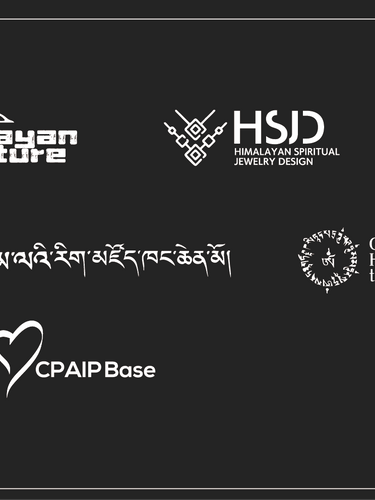I. Introduction
In the labyrinth of human existence, the quest for understanding suffering and attaining liberation is a timeless endeavor. This exploration transcends the external world, urging individuals to turn their gaze inward. This journey of self-discovery unfolds as a transformative odyssey, revealing profound insights into the nature of suffering and providing a roadmap to liberation. As we embark on this inward expedition, we unravel the layers of consciousness, delve into the roots of suffering, and navigate the terrain of liberation.
II. The Nature of Suffering: Peeling Back the Layers
To embark on the path of self-discovery, one must first confront the nature of suffering. Suffering manifests in myriad forms – physical, emotional, and existential. By delving into the depths of our experiences, we begin to peel back the layers, uncovering the subtle nuances of pain and discontent. Through introspection, we recognize the impermanence of pleasure and the inevitability of change, laying the foundation for a profound understanding of the human condition.
III. The Inner Landscape: Navigating the Realms of Consciousness
Self-discovery is a journey into the intricate landscapes of consciousness. By turning our attention inward, we traverse the realms of thoughts, emotions, and perceptions. This exploration demands mindfulness – a keen awareness of the ever-changing inner landscape. As we navigate the depths of our consciousness, we gain insights into the roots of suffering, recognizing the role of attachment, desire, and ignorance in perpetuating the cycle of discontent.
Mindfulness as the Compass
At the heart of this exploration is mindfulness, a powerful tool that acts as a compass guiding us through the ever-changing inner landscape. Imagine a moment of frustration – a missed opportunity or an unexpected setback. By practicing mindfulness, we can observe these emotions without immediate judgment, creating a space for understanding. This simple act of awareness allows us to navigate through the storm of emotions, gaining clarity on the roots of our discontent.
Thoughts as the Puppets of Consciousness
The realm of thoughts is a significant expanse within the inner landscape. Thoughts are not mere fleeting occurrences; they shape our perceptions and influence our actions. Consider the scenario where an individual consistently dwells on past mistakes. This repetitive thought pattern can contribute to a sense of guilt or inadequacy, becoming a source of suffering. Through self-discovery, one can identify these thought patterns, recognizing how they contribute to the perpetuation of discontent.
Emotions as Messengers
Emotions, like messengers, carry information about our inner state. They are an integral part of the inner landscape, reflecting our responses to the external world. For instance, a person experiencing jealousy might trace the emotion back to a deep-seated fear of inadequacy or a sense of unmet desires. Through self-exploration, one can uncover the underlying causes of such emotions, breaking the cycle of suffering by addressing these root issues.
Perceptions as Filters
Perceptions act as filters through which we interpret the world. Consider the metaphor of tinted glasses – our past experiences, biases, and beliefs color the way we perceive reality. A person with a negative self-perception might interpret neutral events as affirmations of their unworthiness. By navigating this aspect of the inner landscape, one can challenge and reshape these perceptions, creating a more accurate and compassionate understanding of themselves and the world.
Attachment, Desire, and Ignorance as Chains
In the journey of self-discovery, a crucial milestone is recognizing the role of attachment, desire, and ignorance in perpetuating suffering. Attachment to fleeting pleasures or external validation, insatiable desires, and ignorance of the impermanent nature of life contribute to the cycle of discontent. For example, a person overly attached to material success may find themselves in a constant state of anxiety, fearing the loss of status or possessions. Through self-awareness, one can loosen the grip of these chains, fostering a sense of liberation from the shackles of unfulfilled desires.
The Transformative Power of Insight
As we navigate the intricate landscapes of consciousness, insights emerge as beacons of understanding. Through self-discovery, we gain profound realizations about the impermanence of thoughts, the transient nature of emotions, and the malleability of perceptions. These insights become tools for transformation, empowering individuals to navigate the inner landscape with greater wisdom and resilience.
IV. Liberation Through Self-Understanding: Transcending the Illusions
The path of self-discovery converges with liberation when we gain a profound understanding of ourselves. Liberation is not an escape from the human experience but a transcendence of its illusions. Through self-awareness, we dismantle the false constructs that bind us – the illusions of a separate self, the relentless pursuit of external validation, and the clinging to transient pleasures. Liberation emerges as we untangle ourselves from these illusions, embracing the freedom that arises from self-understanding.
V. Practices for Inner Transformation: Cultivating Wisdom and Compassion
Embarking on an inward journey requires practical tools for inner transformation. Meditation, mindfulness, and contemplative practices become the vehicles through which we cultivate wisdom and compassion. These practices serve as mirrors, reflecting the true nature of our being and fostering a compassionate understanding of the shared human experience. As we integrate these transformative practices into our daily lives, the journey of self-discovery becomes a lived experience, paving the way for lasting liberation.
VI. Conclusion: Embracing the Uncharted Terrain Within
In conclusion, the path toward understanding suffering and attaining liberation unfolds as a sacred journey of self-discovery. Peeling back the layers of suffering, navigating the intricacies of consciousness, and transcending illusions lead to profound insights into the nature of existence. Liberation, rooted in self-understanding, becomes a beacon guiding us toward a life of authenticity, compassion, and inner freedom. As we embark on this inward journey, we embrace the uncharted terrain within, revealing the timeless wisdom that lies at the core of our being.
























